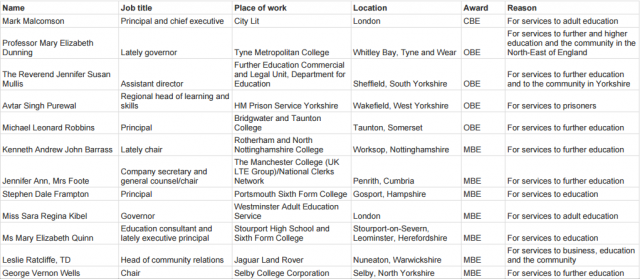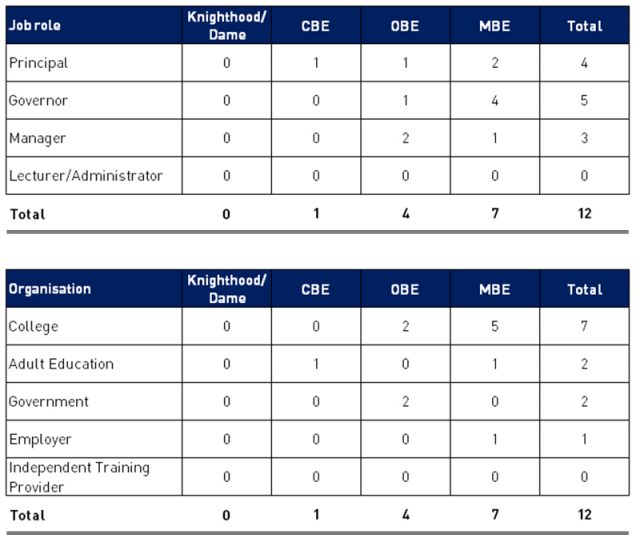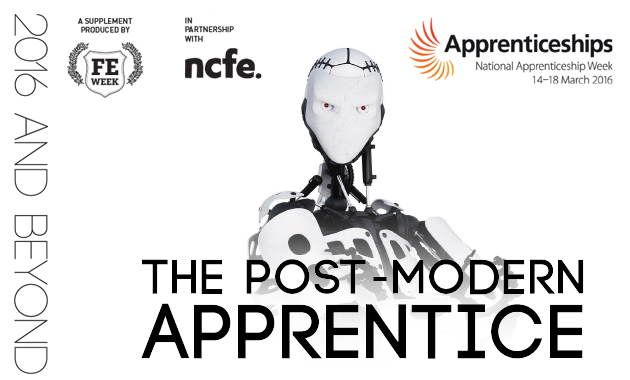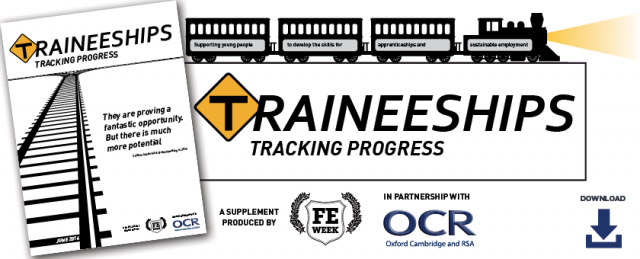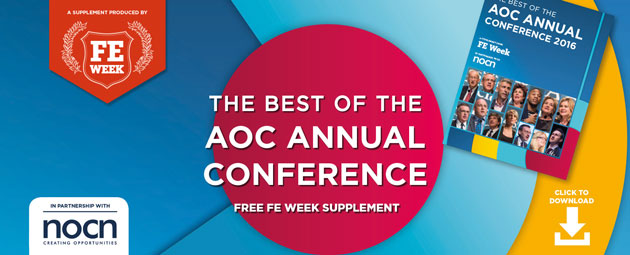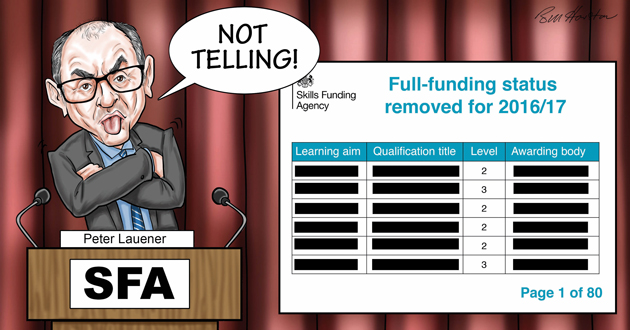FE Week continues to bring you all the important news, analysis and comment, pressing the government on key unanswered questions and often being first to many of the most important developments.
In 2016 we’ve published a whopping 972 news stories, covering everything from the latest on apprenticeship reforms to the highs and lows of providers performance.
We have also profiled 16 of the sectors key figures, including apprenticeship champion of the year Neil Cain, Neil Carmichael, chair of the Education Select Committee, and Nadhim Zahawi, the former PM’s apprenticeship adviser.
FE Week has shared 209 expert opinions on the whirlwind of changes that 2016 has brought and also celebrated the weird and the wonderful among student experiences in our campus section.
Finally, we have produced 10 supplements this year on a wide range of topics, such as traineeships, technology and EuroSkills 2016.
Check out our highest hitting stories from the year here:
Rank 1 – Exclusive: Principal’s salary doubles to over £330k
In March, exclusive FE Week analysis of Skills Funding Agency data revealed that the salary of Sunaina Mann, principal and chief executive officer of Nescot, had more than doubled from 2013/14 to 2014/15 – making her the highest paid college principal in England.
Her wage leapt from £150,000 for 2013/14 to £300,000 for 2014/15, the third year of Nescot’s involvement in the Saudi Arabian Colleges of Excellence programme.
FE Week also conducted an investigation into the colege’s involvement in Saudi Arabia, where it runs a female college in Jeddah.
Rank 2 – Ofsted boss tells MPs all 16 to 19-year-olds should be taught in schools
In March former chief inspector of Ofsted Sir Michael Wilshaw caused controversy by saying that all 16 to 19 year olds should be educated in schools, in an oral evidence session of the Education Committee.
During the parliamentary session he said that “16 to 19 should be done in school”, adding that for vulnerable learners the broad nature of FE institutions could mean they “get lost” and “drop out”.
In contrast, he said, schools coming together in groups made for a “really great opportunity” to deliver vocational education. Amongst these groups he included UTCs, which have seen a number of problems with recruitment this year.
Rank 3 – Department for Education taking over FE, skills and higher education
In July, following the government reshuffle that placed Justine Greening as the new education secretary, it was announced that the Department for Education would take over responsibility for FE, skills and higher education – previously handled by the Department for Business, Innovation and Skills.
Number 10 released a statement saying that “bringing these responsibilities together will mean that the government can take a comprehensive, end-to-end view of skills and education, supporting people from early years through to postgraduate study and work”.
Amongst the DfE’s new responsibilities would be “delivering more apprenticeships through a fundamental change in the UK’s approach to skills in the workplace”.
The change was received positively by the sector, with the Association of Employment and Learning Providers for example saying that having “apprenticeships and traineeships under one roof” could be “a very positive move”.
Rank 4 – Exeter College is the best college in the country, according to FE Week’s new league table
In November, exclusive FE Week research produced our first ever ranking table, which placed Exeter College top of the list.
The Ofsted ‘outstanding’ college had previously been led by the new FE commissioner Richard Atkins from 2002 until he retired in March this year, and scored full marks in the FE Week tables.
It was followed closely by Kendal College, Selby College and Eastleigh College.
The FE Week ratings were based on four measures: 2016/17 adult apprenticeships allocations as a percentage of all adult funding, employer and learner satisfaction scores, and destination data (specifically a college’s success at getting unemployed learners into work).
Rank 5 – Skills white paper to propose academic and vocational divide
May brought another exclusive from FE Week, after we gained access to a leaked report plan which detailed the developments that could be expected from a delayed skills white paper – the first of its kind in a decade.
FE Week revealed that the paper would separate academic and vocational provision, making 16 year olds choose between academic courses that set a path to university and 15 new ‘professional and technical routes’ in work.
The paper reflected the recommendations of an independent panel set up by the government to look into reforms to technical and professional education, which was led by Lord Sainsbury.
Rank 6 – Hotly anticipated apprenticeship levy funding update released
In August FE Week reported on the much anticipated information update from the government on the apprenticeship levy.
The guidance revealed that nearly all employers would only have to contribute 10 per cent to the cost of an apprenticeship when the levy comes into play in April 2017.
It explained that the government would pay 90 per cent of the costs for the 98 per cent of employers with annual wage bills below £3m, who will not be paying the levy.
Other announcements in the release included a 10 per cent monthly top-up for levy paying employers, and details of a nee register of apprenticeship training providers.
Rank 7 – Apprentice minimum wage rate rising by 10 pence an hour
National Apprenticeship Week got off to a flying start back in March when business secretary Sajid Javid announced the national minimum wage rate for apprentices would increase from £3.30 to £3.40 from October 1.
On the first day of NAW, Mr Javid explained that the Low Pay Commission’s 2016 report made the recommendation for the apprenticeship increase, and the government would abide by all other recommendations on the National Minium Wage, including that the adult hourly national minimum wage rate for 21 to 24-year-olds should increase from £6.70 to £6.95.
Rank 8 – Exclusive: Cornwall College principal Amarjit Basi resigns
Back in July, FE Week was first to reveal that a college plagued with funding problems would part ways with their principal.
FE Week was exclusively sent a statement from Philip Rees, the chair of governors at Cornwall College, saying that principal Amarjit Basi had resigned.
Cornwall College’s funding troubles during Mr Basi’s tenure included receiving a notice of financial concern from the Skills Funding Agency, followed by the University and College Union calling on Mr Basi to take a pay cut to show solidarity with up to 60 staff set to lose their jobs through cutbacks at the college.
Mr Basi, who had been principal and chief executive of The Cornwall College Group since 2013, left his post on July 31.
Rank 9 – Choose academic or technical route at 16 – radical government plans reveal
Shockwaves were sent through the FE sector in July when former skills minister Nick Boles announced plans for a radical overhaul to the post-16 vocational qualification system by replacing 20,000 courses with “15 high-quality routes”, as FE Week had exclusively revealed two months before.
The release of the ‘Post-16 Skills Plan‘ coincided with Lord Sainsbury’s ‘Report of the Independent Panel on Technical Education’, which recommended each route has a ‘common core’ which will include English, maths and digital skills as well as a “specialisation towards a skilled occupation or set of occupations.”
The plans stated the government’s ambition for 16 year-olds to be take one of two choices: “the academic or the technical option”.
Rank 10 – Nescot College board learn husband to principal was paid £177,000
FE Week exclusively revealed in May that the husband of the highest-paid FE principal in the country – Sunaina Mann – was paid almost £200,000 in a contract that was not declared to college governors for 18 months.
FE Week had previously revealed that Ms Mann, the principal of North East Surrey College of Technology, received a salary of £363,000 in 2015 – more than double what she had earned the previous year.
We then found that her husband, Jaswinder Singh Mann, was also employed as a consultant by Nescot to work on its controversial partnership in Saudi Arabia, the Jeddah Female College.
The arrangement means that the couple gained £775,000 in total from Nescot over the course of two years.



